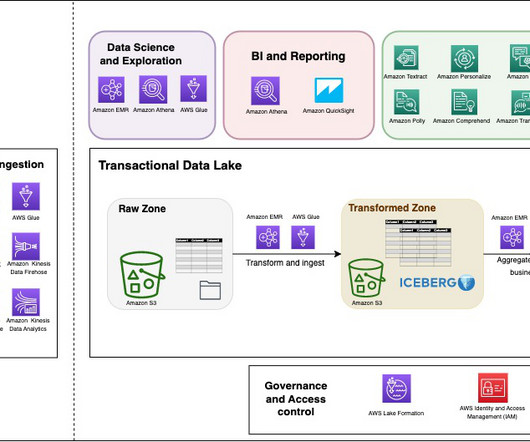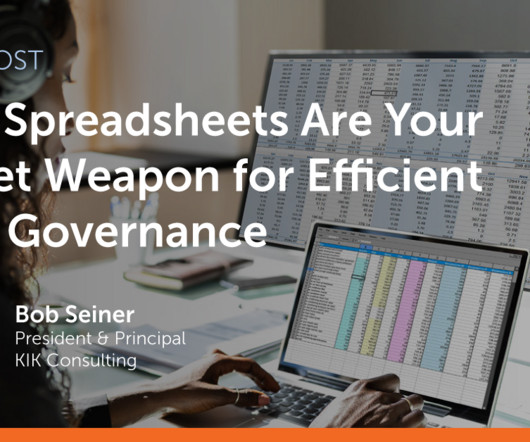Build a serverless transactional data lake with Apache Iceberg, Amazon EMR Serverless, and Amazon Athena
AWS Big Data
MARCH 10, 2023
Since the deluge of big data over a decade ago, many organizations have learned to build applications to process and analyze petabytes of data. Data lakes have served as a central repository to store structured and unstructured data at any scale and in various formats.














Let's personalize your content